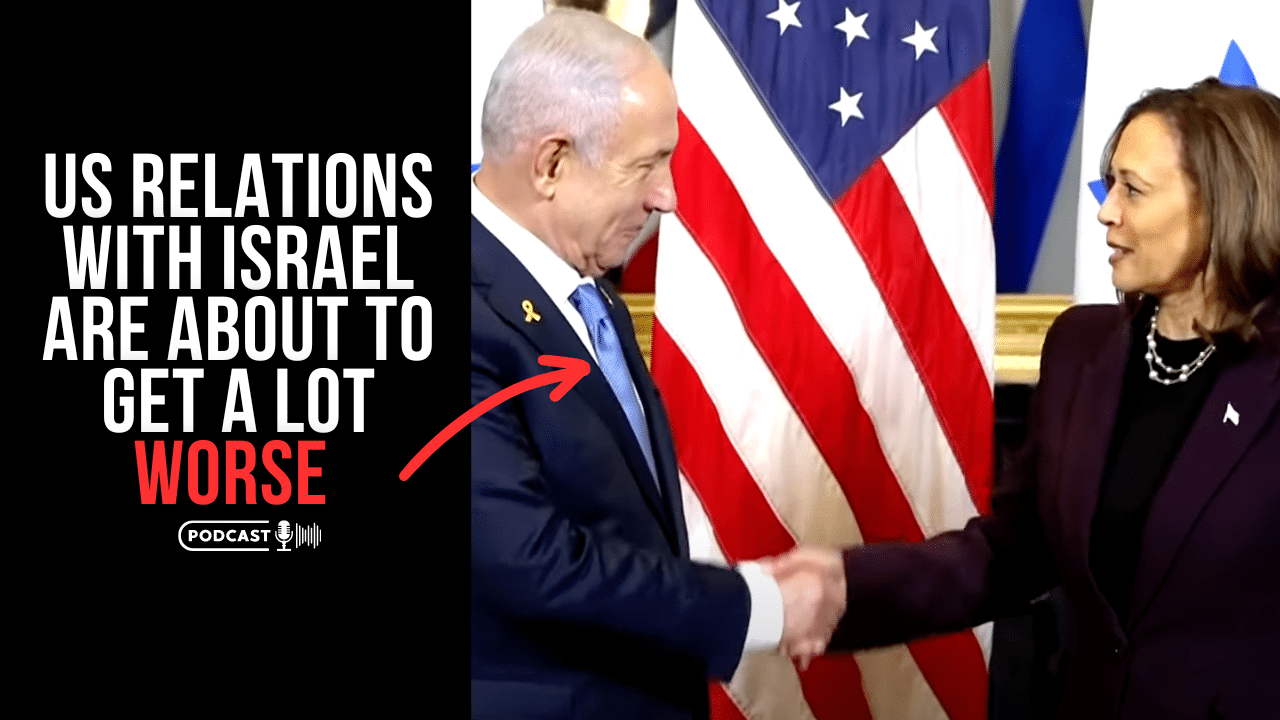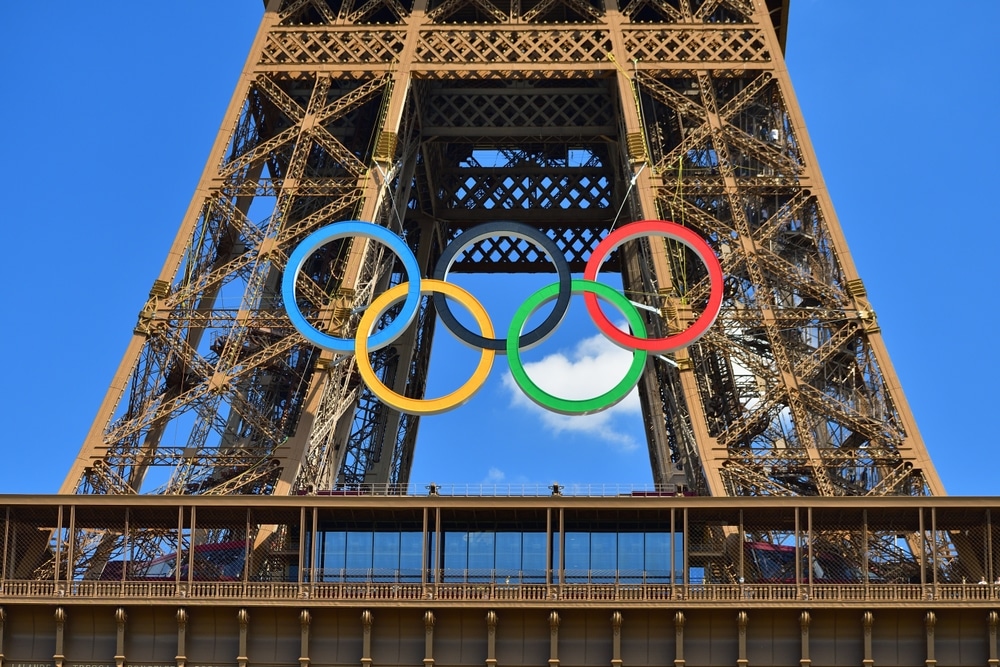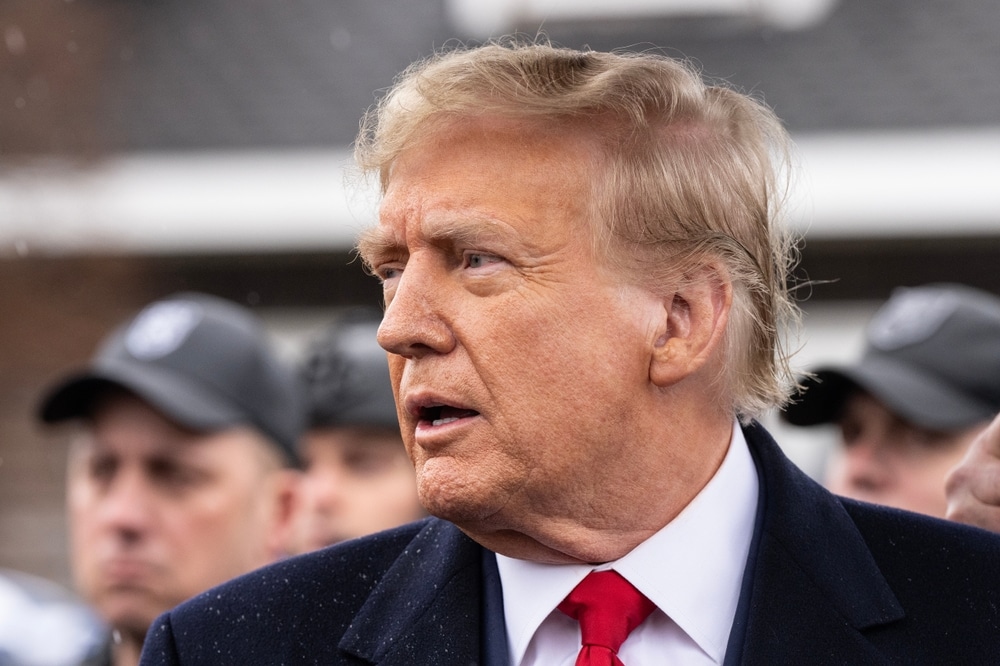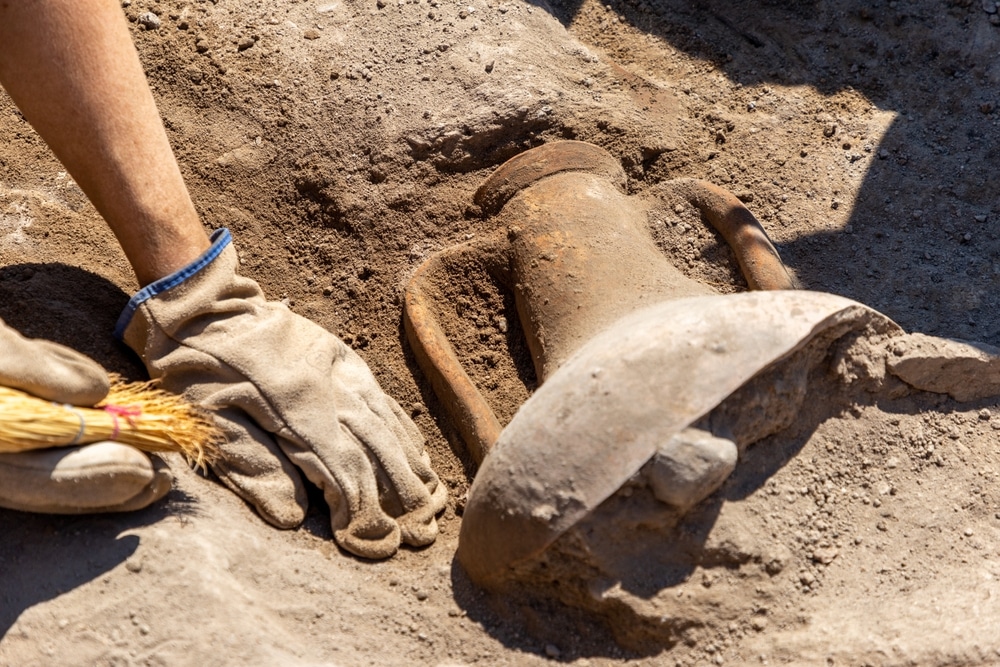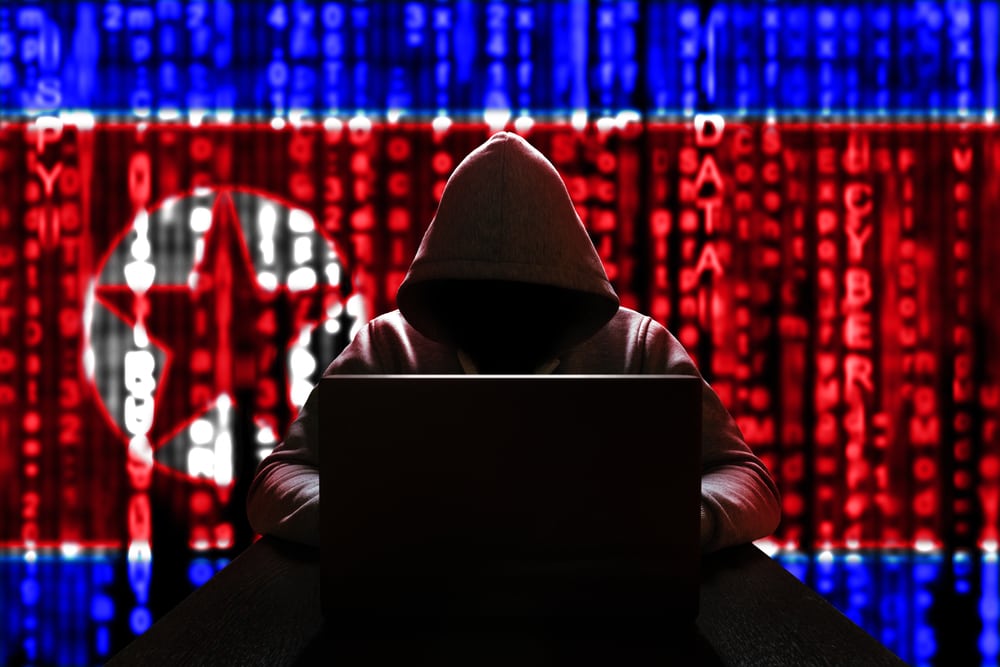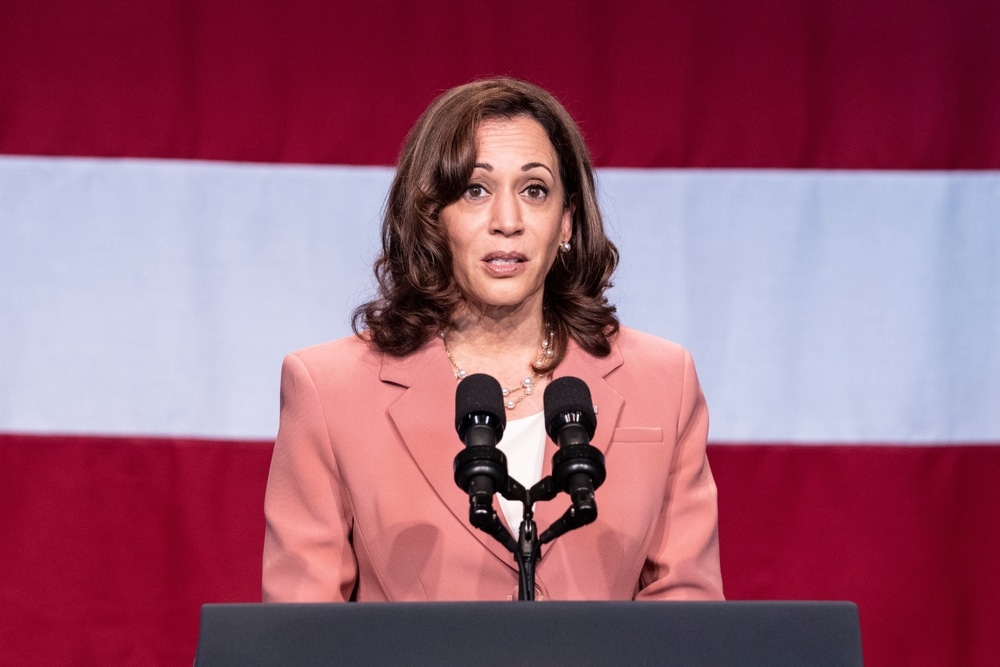The U.S. could be heading toward involvement in another global conflict as tensions between Venezuela and neighboring Guyana skyrocket following a controversial referendum that sparked fears of a land grab in South America.
The U.S. military said on Thursday that its Southern Command forces would carry out “flight operations within Guyana” later in the day, and that Washington would “continue its commitment as Guyana’s trusted security partner.”
On Sunday, voters in Venezuela backed the proposals of Venezuelan leader Nicolás Maduro to claim sovereignty over the contested Essequibo region, which has been a bone of contention between Venezuela and Guyana for more than a century.
The resource-rich Essequibo region is controlled by Georgetown, making up more than two-thirds of Guyana’s territory. An 1899 ruling declared Essequibo a part of Guyana, which was then a British colony.
A 1966 agreement between the U.K. and Venezuela to resolve the dispute has not stopped the flaring of tensions between the two countries, which intensified after oil and gas giant ExxonMobil said in 2015 it had made a “a significant oil discovery” in the region.
Venezuela says the 1966 Geneva Agreement effectively undid the 1899 ruling by international arbitrators.
The vote’s results were perceived by Guyana as a step toward annexation. And there’s precedent for such anxieties, as Russia has held referendums widely believed to be sham votes to try to legitimize claiming swathes of Ukraine.
“We have taken the first steps of a new historical stage to fight for our Guayana Esequiba, for peace, and to recover what the liberators left us,” Maduro said following the announcing of the referendum’s results, referring to the region by its alternative name.
The U.N.’s top court, the International Court of Justice, had said that Caracas should not take any action that could change Guyana’s control over the Essequibo region, but it stopped short of blocking Venezuela’s vote.
Following the vote, Guyanese President Irfaan Ali denounced “a direct threat to Guyana’s territorial integrity, sovereignty and political independence.” Ali said Georgetown would “intensify precautionary measures to safeguard its territory,” adding that he had spoken with the United Nations, global leaders and reached out to the U.S. military.



